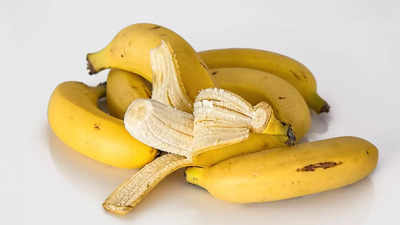Bananas are a staple snack for many, but did you know they contain trace amounts of radiation? Here are five things to know about this surprising fact:
- Yes, Bananas Are Slightly Radioactive
Bananas contain potassium, a vital nutrient that includes a small amount of potassium-40, a naturally occurring radioactive isotope. While it sounds alarming, the radiation level is incredibly low and poses no risk to health. - The “Banana Equivalent Dose” (BED)
Scientists sometimes use the “Banana Equivalent Dose” as an informal way to explain radiation levels in everyday terms. For instance, a single banana emits about 0.1 microsieverts of radiation, which is a tiny fraction compared to natural background radiation we’re exposed to daily. - Harmless to Humans
Eating bananas doesn’t expose you to dangerous levels of radiation. You’d have to eat tens of thousands in a short period to experience any harm. The human body regulates potassium levels efficiently, so any excess is quickly processed. - Bananas Aren’t Alone
Many foods contain trace amounts of radioactive elements. Potatoes, avocados, and nuts also contain low levels of naturally occurring radioisotopes, which are perfectly safe in typical amounts. - An Everyday Example of Radiation
Bananas are a great example of how radiation exists in everyday life without posing harm. This natural occurrence demonstrates that not all radiation exposure is dangerous; it depends on the type and dose.
So, while bananas are technically radioactive, it’s nothing to worry about—enjoy your snack!




